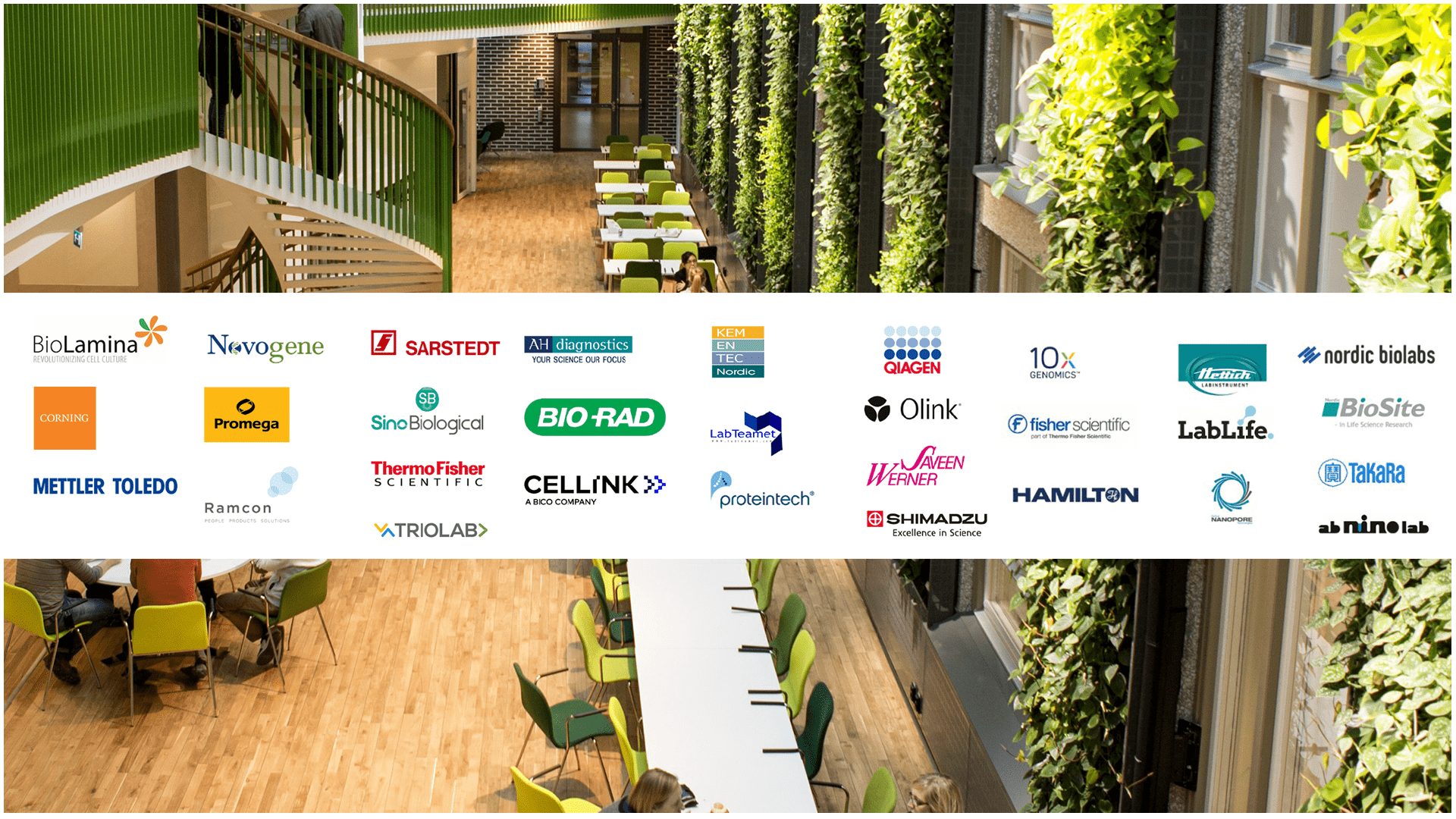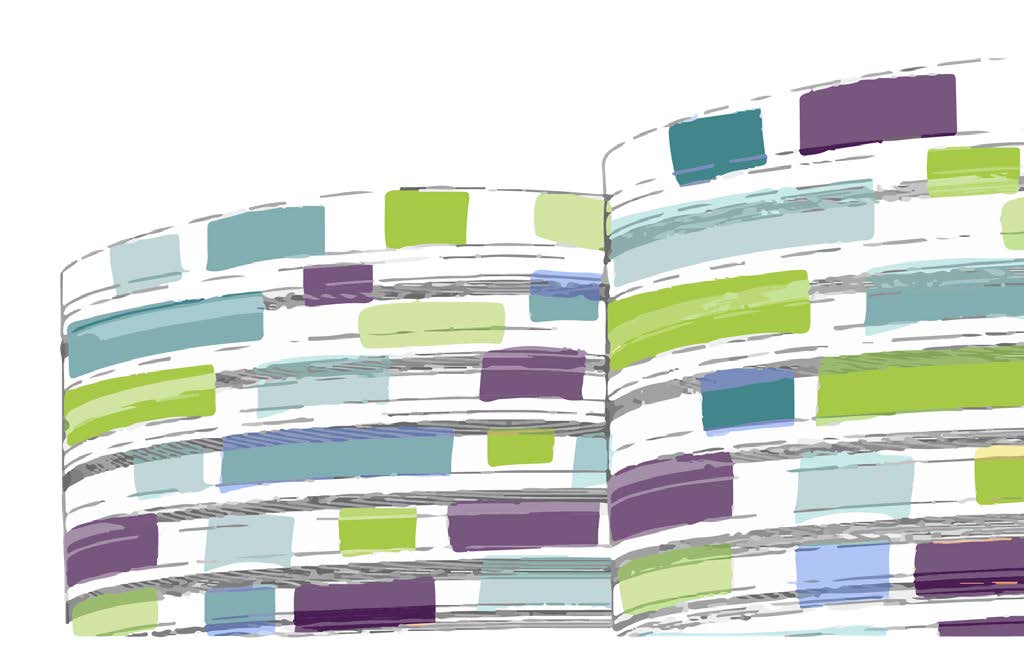Clusters, gene flow and artificial genotypes – looking at population structure from a deep learning angle
February 16, 2024 @ 10:00 – 11:00 CET
NBIS, Scilifelab’s Bioinformatics platform, arranges an open AI and IO Seminar Series aimed at knowledge-sharing about Artificial Intelligence and Integrative Omics (AI & IO) analysis and applications in the Life Science community. The seminar series is open to everyone. The seminar is run over Zoom on the third Friday of the month during academic terms, typically between 10 and 11 am, with ca. 45 min long presentation and 15 min discussion.
For further info, please see this website.
Clusters, gene flow and artificial genotypes: looking at population structure from a deep learning angle
Marcin Kierzcak, NBIS, Uppsala University
We will look at different ways of modelling and visualising population structure based on genomic kinship. Starting from more traditional approaches like PCA or MDS as benchmark, we will see how one can build more complex deep learning-based models (autoencoders) and we will discuss when such approach can be beneficial. Finally, we are going to see how generative deep learning (VAEs) can be used to augment original input data with some artificially-generated individuals with desired pre-defined kinship relationships.
see further on the session page https://scilifelab.atlassian.net/l/cp/oR289EJK for updates.
Hope to see you all on this exciting talk on Friday,


